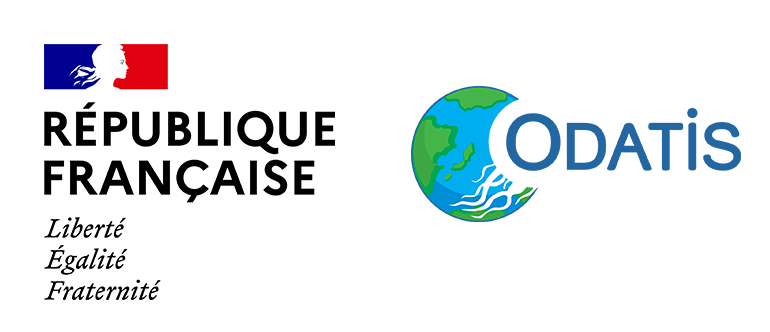News
Job - Mapping of coral zone by ocean color remote sensing
Duration : Mission starting February 1, 2024 for 16 months
Place to work : mission based in Nouméa
The structure you will be joining
UMR235 Institut Méditerranéen d'Océanologie OSU PYTHEAS. Team: Marine Environment . The M.I.O is an oceanology research laboratory of the Universities of Aix-Marseille, Toulon, CNRS and IRD. It is part of OSU Pytheas and a partner of Labex OT-Med. Its objectives are to better understand the oceanic system and its evolution in response to global change. It is a center of expertise in marine biology, ecology, biodiversity, microbiology, fisheries, physics, chemistry, biogeochemistry and sedimentology.
The ANR BOOST is headed by Fanny Houlbrèque, a researcher at UMR 250 ENTROPIE umr-entropie.ird.nc. The Entropie unit is a UMR with 5 supervisory bodies (Université de La Réunion, IRD, CNRS, Ifremer and Université de Nouvelle-Calédonie) whose aim is to better understand the functioning of marine and island ecosystems in the tropical Indo-Pacific in the context of global warming.
An attractive mission
The main objective of the post-doc is to use ocean color remote sensing to identify lagoon zones favorable to mesotrophic corals that are more resistant to future heat waves (MHWs). Our aim is to map the areas of high phytoplankton biomass in Case 1 outside the lagoon, and Case 2 inside the lagoon, using satellite data from different ocean color sensors and resolutions, validated by in situ data.
Your activities will include:
- Operation of the Copernicus-GlobColour series of level 4 "cloud-free" daily products with 4 km resolution (chlorophyll-a, primary production)
- Analysis of SGLI and Sentinel 3 (S3) composites at 300 m resolution
- Use of a Sentinel-2 (S2) mosaic with 20 m resolution
- Use of machine learning to predict the distribution of chl-a in the lagoon of New Caledonia
- Use of comparisons between multispectral imagery (Sentinel 2) and chl-a obtained from all IRD oceanographic campaigns inside and outside the New Caledonian lagoon.
Your future team
The post-doc will be assigned to the M.I.O. His tutors will be Martine Rodier (M.I.O.) in Marseille (marine biology) with the expertise of Cécile Dupouy in ocean color remote sensing, and Corina Iovan (ENTROPIE). A Master 2 student will also be recruited.
Your benefits as a post-doc
- Place of work : Nouméa
- Publication date : January 2024
- Contract type : Scientific CDD
- Contract duration: 16 months
- Hiring date : February 2024
- Working hours : Full time
- Salary : 4450€ gross per month in Noumea
- Level of education required : Level 8 - (Doctorate)
- Desired experience : <2 year
- CN Section(s) : data processing, satellite, ocean color, statistical analysis
The profile we're looking for
Project funded by the French National Research Agency (ANR), contracting UMR ENTROPIE
Applicants should send a detailed CV and a covering letter outlining the aspects of the work they would particularly like to develop within the framework described above. One or two letters of recommendation are also requested.
Skills
- Ocean color satellite data processing specialist
- In-depth knowledge of programming (Python, R or Matlab)
- Knowledge or experience in the use of artificial intelligence environments, methodologies and algorithms for multisource data processing (in situ and satellite)
- Data analysis skills
- Knowledge and implementation of project management methodologies (organization, coordination, meeting deadlines, work progress, etc.).
- Autonomy and good interpersonal skills for teamwork
- Organizational skills
- Excellent oral and written communication skills.
- Fluency in technical English (B2 level according to the Common European Framework of Reference for Languages).
Job environment
The position is based at the IRD Center in Nouméa, New Caledonia.
The travel to Noumea is at applicant's expense.
Applications must be sent before February 20, 2024 to Fanny Houlbreque, Martine Rodier, Corina Iovan
IRD, an Institute that gives meaning to your career
Your mission in the service of science for a sustainable future: IRD in 230 seconds
![[Translate to English:] [Translate to English:]](/fileadmin/_processed_/f/9/csm_202401_Couleur_lagon_noumea2_4101e60a3c.png)
